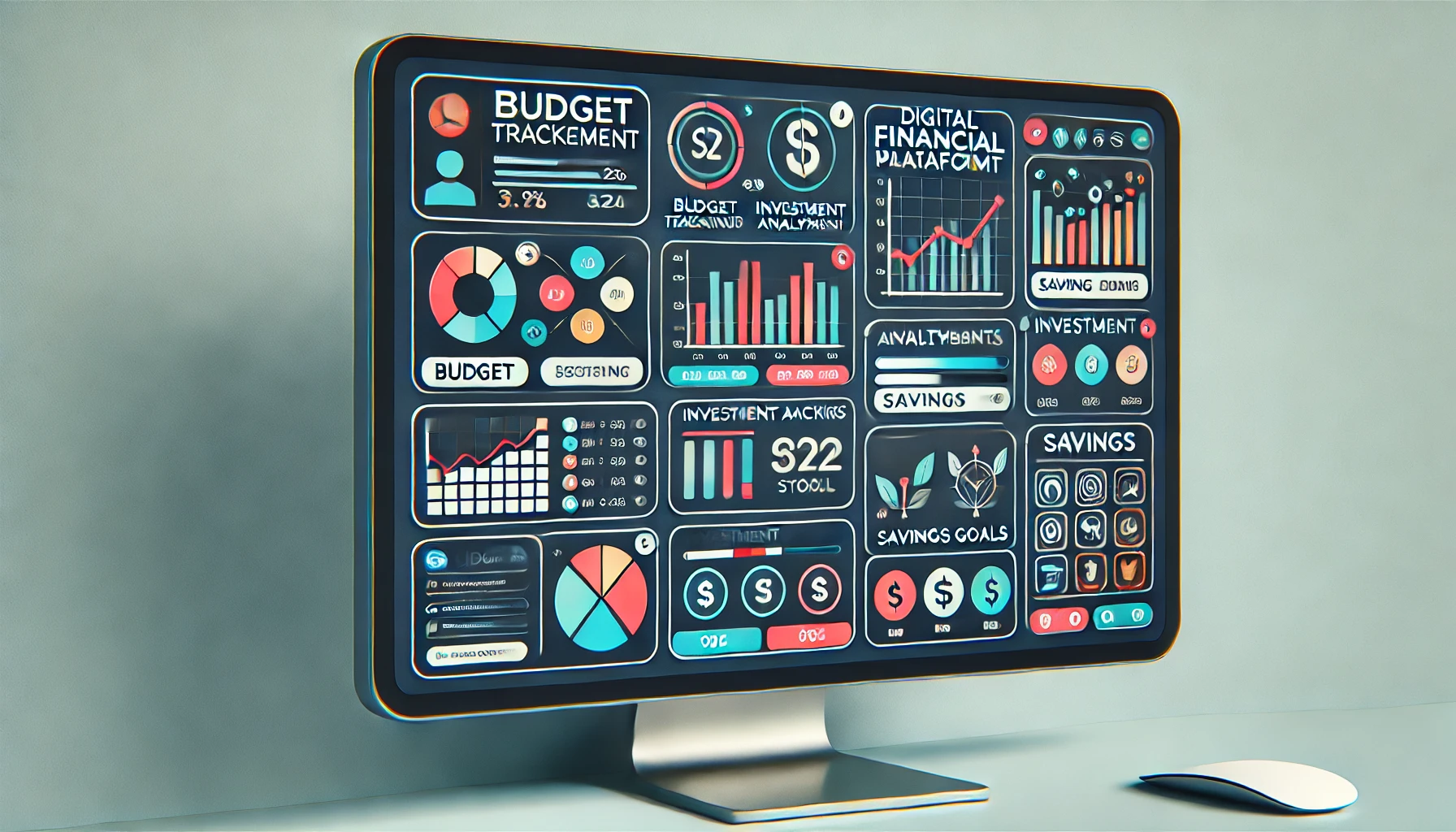What the Future-ready Accountant Needs to Know About Data Analytics
What sets a future-ready accountant apart from the crowd? It is not just about balancing books anymore. Today, the best accountants are embracing the power of data to make smarter, faster decisions. If you are an ACCA Strategic Professional, you are already on a path that encourages forward-thinking and innovation. But have you tapped into the true potential of data analytics?
This revolutionary tool is transforming the accounting world, and understanding how to harness it will put you ahead of the curve. In this blog, we will explore why mastering data analytics is essential for Future-ready Accountants and how it’s reshaping the industry.
Table of Contents
- The Role of Data Analytics in Modern Accounting
- Key Data Analytics Skills Every Accountant Needs
- How Data Analytics Helps Accountants in Decision-Making
- Conclusion
The Role of Data Analytics in Modern Accounting
Accountants today are not just number crunchers. They’re expected to be strategic advisors, leveraging data to provide insights that drive business success. With its reliance on spreadsheets and manual processes, traditional accounting has given way to powerful data analytics tools that allow accountants to analyse vast amounts of information quickly and accurately.
Data analytics has become indispensable for accountants because it enhances their ability to spot trends, identify risks, and make data-driven decisions. For example, accountants now use predictive analytics to forecast financial outcomes, automate repetitive tasks, and improve accuracy in financial reporting.
With this level of insight, accountants can provide more value to their clients or employers, positioning themselves as indispensable partners in business growth.
Key Data Analytics Skills Every Accountant Needs
So, what particular abilities should a future-ready accountant have? The good news is that using analytics in accounting does not require being a data scientist; having a basic knowledge of fundamental tools and techniques will make you stand out. Here are the essential data analytics skills every accountant must consider:
Data Interpretation
One must be able to interpret data correctly. Being able to extract significant insights is absolutely vital for decision-making. As an accountant, you will often deal with big datasets. Knowing data visualisation technologies like Tableau or Power BI will enable you to present your results properly to nontechnical stakeholders.
Proficiency in Analytical Software
Although Excel is still extensively used, newer programs, including SAS, R, and Python, are gathering favour in the accounting industry. These instruments can offer more in-depth research and assist in automating data operations. Knowing these techniques can help you be more competitive in the employment market.
Financial Modelling
Data analytics is about creating models that forecast financial results, not only about numbers crunching. Future-ready accountants must be adept at creating financial models that enable companies to plan forward. Predictive analytics allows accountants to simulate several company situations, evaluate risk, and project income.
Understanding Big Data
Accountants must become comfortable with big data ideas as the data volume rises. Although initially overwhelming, big data entails managing enormous volumes of data. With the correct tools and abilities, accountants can find insights from apparently unconnected facts, helping to identify trends and patterns that might otherwise go unseen.
How Data Analytics Helps Accountants in Decision-Making
Historically, accountants were viewed as record-keepers. However, as data analytics has grown, their function has changed to that of strategic consultants. Accountants can provide real-time, actionable insights made possible by data analysis that might direct corporate actions.
For instance, data analytics allows accountants to find areas of inefficiency, assisting companies in maximising cash flow. Financial forecasting models allow them to project future performance, enabling businesses to make early strategic adjustments. Analysing and interpreting data helps accountants move from being merely reactive to guiding companies towards long-term success through educated judgements.
Data analytics also lets accountants free up crucial time for higher-level research and strategy by automating repetitive chores like reporting and reconciliation. Along with improving accuracy, this move towards automation lowers human error and speeds up decision-making.
Conclusion
Data analytics is profoundly transforming the accounting profession. The future-ready accountant must be proficient in technical skills and have the strategic mindset to use data to drive business success.
Ready to take your accounting career to the next level? MPES Learning courses can equip you with the latest data analytics and accounting skills, helping you become the future-ready accountant your clients or employers need.











